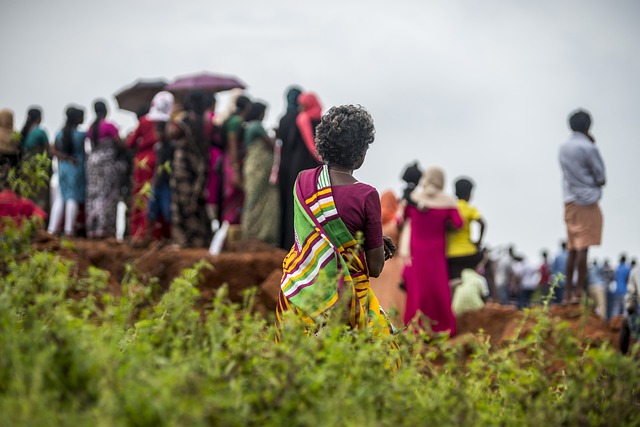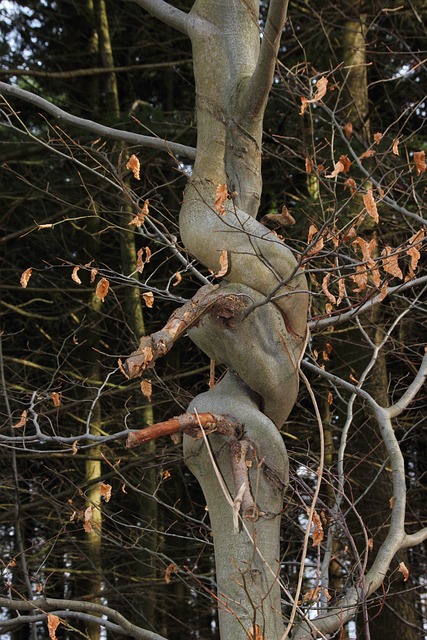grupo do jacaré jogo do bicho 🏀 A Complex Tapestry of Tradition and Controversy: The Grupo do Jacaré in the Jogo do Bicho

A Complex Tapestry of Tradition and Controversy: The Grupo do Jacaré in the Jogo do Bicho
In the vibrant and multifaceted landscape of Brazilian culture, few phenomena encapsulate the intertwining of tradition, community, and controversy quite like the Jogo do Bicho. This informal lottery system, steeped in history and popular participation, has maintained its allure despite the legal challenges it faces. Within this context, one particular group, known as the Grupo do Jacaré, stands out as a significant player, not only in the mechanics of the game but also in the socio-cultural dynamics it influences.
The Jogo do Bicho originated in the late 19th century, initially intended as a promotional tool for a zoo. Over the years, it evolved into a clandestine lottery system, where participants bet on the outcomes related to different animals, each associated with a number. The Grupo do Jacaré has emerged as a formidable entity within this framework, operating with a mix of community engagement and the shadowy elements often associated with underground gambling. Their rise can be attributed to a combination of strategic operations and a deep-rooted connection to the communities they serve.grupo do jacaré jogo do bicho

At the heart of the Grupo do Jacaré's influence is its ability to foster a sense of belonging among its participants. The game transcends mere betting; it is interwoven with social interactions, local identities, and shared experiences. The group not only facilitates the game but also acts as a social hub, where participants gather to discuss outcomes, share stories, and bond over their shared enthusiasm for the game. This communal aspect is crucial, as it transforms a potentially solitary activity into a collective experience that resonates deeply within the fabric of its localities.
However, the operations of the Grupo do Jacaré are not without controversy. The legal status of the Jogo do Bicho remains ambiguous, oscillating between periods of tolerance and crackdowns by authorities. This precarious position has led to a complex relationship with law enforcement, with group members often navigating a fine line between legality and illegality. The Grupo do Jacaré, while promoting community engagement, also finds itself embroiled in the broader discussions about gambling laws, social justice, and the role of informal economies within Brazilian society.grupo do jacaré jogo do bicho
Critics argue that these underground operations perpetuate cycles of inequality and criminality, suggesting that the allure of quick financial gain can lead individuals down dangerous paths. Yet, proponents within communities often defend the group, highlighting its role in providing an alternative form of economic stability in areas where formal job opportunities are scarce. This duality presents a compelling narrative: while the Grupo do Jacaré may operate outside the bounds of the law, it simultaneously fulfills a vital socio-economic role for many of its participants.
Moreover, the Grupo do Jacaré exemplifies the evolving nature of the Jogo do Bicho itself. As society changes and new generations emerge, so too does the game and the groups that facilitate it. The incorporation of technology, social media, and digital platforms has transformed how bets are placed and results are shared, allowing for a broader reach and engagement. This modernization of the game presents both opportunities and challenges, as traditionalists seek to preserve the cultural essence of the Jogo do Bicho, while others advocate for its evolution in a digital age.
The narrative of the Grupo do Jacaré is also a reflection of broader societal issues, including the ongoing struggle for recognition and legitimacy in informal economies. Their presence challenges the conventional understanding of gambling and gaming, urging society to reconsider the implications of prohibition and regulation. As debates continue over the legal status of the Jogo do Bicho, the Grupo do Jacaré remains at the forefront, embodying the complexities of a practice that is both loved and condemned.
As we dissect the layers of the Grupo do Jacaré within the larger tapestry of the Jogo do Bicho, it becomes evident that this group is not merely a facilitator of a game but a crucial player in a narrative that speaks to the heart of Brazilian society. Their influence extends beyond the mere act of betting; it resonates with themes of community, resilience, and the perpetual negotiation between legality and social acceptance.
In conclusion, the Grupo do Jacaré serves as a microcosm of the broader dynamics at play within the Jogo do Bicho, highlighting the intricate dance between tradition and modernity, legality and informality. As this narrative unfolds, it invites us to reflect on the implications of such cultural practices and their capacity to shape social identities, economic realities, and community bonds in a rapidly changing world. The legacy of the Grupo do Jacaré and the Jogo do Bicho is a testament to the enduring human spirit that seeks connection and meaning, even in the most unconventional of arenas.grupo do jacaré jogo do bicho

Fale conosco. Envie dúvidas, críticas ou sugestões para a nossa equipe através dos contatos abaixo:
Telefone: 0086-10-8805-0795
Email: portuguese@9099.com


